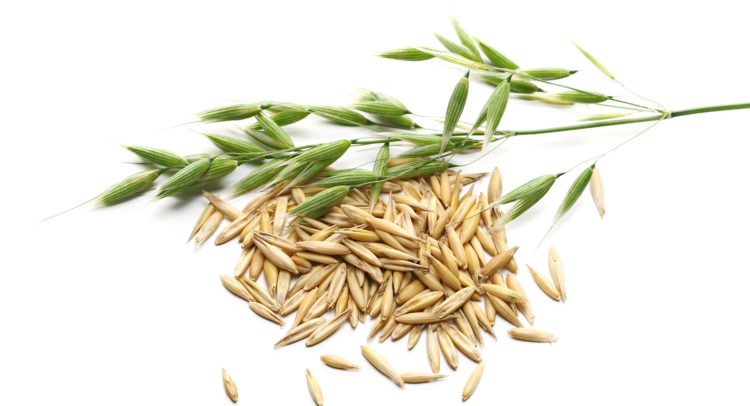It’s been a rocky week for IPOs, but the offering from Oatly Group (OTLY) proved to be a winner. The company issued shares at $17 each, which was at the top of the $15-to-$17 range, and raised $1.4 billion. (See IPO Calendar on TipRanks)
Discover the Best Stocks and Maximize Your Portfolio:
- See what stocks are receiving strong buy ratings from top-rated analysts.
- Filter, analyze, and streamline your search for investment opportunities with TipRanks’ Stock Screener.
The underwriters on the deal included Morgan Stanley (MS), J.P. Morgan (JPM), Credit Suisse (CS), Barclays (BCS), Jefferies, BNP Paribas, BofA Securities (BAC), Piper Sandler, and RBC Capital Markets.
On the first day of trading, the shares shot up 19% to $20.20 and the market capitalization came to roughly $12 billion. The company, which was founded in 1990, is a leader in oat milk.
Last July, Oatly raised $200 million in funding that was led by the Blackstone Group (BX). The other investors included Natalie Portman, Oprah Winfrey, and Howard Schultz, who is the co-founder of Starbucks (SUBX). The valuation at the time was $2 billion, so the company has seen a major surge in valuation in a relatively short period of time. (See Oatly stock chart on TipRanks)

Background on Oatly
The cofounders of Oatly include Rickard Öste, a food scientist, and his brother Bjorn. They were based in Malmö, Sweden, and bootstrapped their business.
The brothers saw oat milk as a much better alternative to traditional milk or other milk substitutes. For one, many people believe that it mixes better with coffee than other milk alternatives. It also has environmental advantages: it uses less water than other alternatives and saves about 80% in greenhouse gas emissions.
According to the shareholder letter in the S-1 filing, CEO Toni Petersson noted: “We list all the ingredients that go into our products and where they come from so people know exactly what they are putting into their bodies. We work with dairy farmers in Sweden and the United States to explore the sustainability and economic benefits of a shift to oat crops. We were the first company in Europe to use a fleet of electric trucks for heavy-duty commercial shipping.”
In terms of the strategy, the initial focus was on northern Europe. But in 2016, Oatly invested heavily in the U.S. market. Initially, the company focused on baristas, which helped to spark growth. Oatly has also formed partnerships with Starbucks and Target (TGT). Currently, Oatly’s products are sold in more than 20 countries.
High Growth and Massive Potential
The growth ramp has definitely been impressive. Last year, revenues soared 107% to $421.4 million. And while the company has continued to lose money, with the net losses coming to $60.4 million in 2020, losses have been necessary for the global expansion efforts.
The market is also massive. The global dairy alternatives market size was estimated at $20.5 billion in 2020. In 2021, the market is expected to reach $23.2 billion, according to a report by Grand View Research.
No doubt, major trends are propelling the adoption of oat milk. After all, more people are looking for healthier offerings and younger generations like Millennials and Gen Z consumers want food that is sensitive to environmental concerns.
Bottom Line On Oatly
Oatly does have some downside. First of all, when it comes to food items, there is always the possibility that they will become a passing fad. There is also the nagging issue of copycats edging in on Oatly’s business.
Yet perhaps the biggest problem with Oatly stock is its valuation. Even if there is a small deceleration in its growth, this could put considerable pressure on the shares. As a result, it’s probably best to hold off and wait for the hype to subside before making a purchase on this one.
Disclosure: Tom Taulli does not have a position in Oatly stock.
Disclaimer: The information contained herein is for informational purposes only. Nothing in this article should be taken as a solicitation to purchase or sell securities.









